The Moustached Journalist says;
In the undiluted concession of Davidson Owumi, the former Head of Operations of the defunct Interim Management Committee (IMC), and now the Chief Operating Officer of the Nigeria Premier Football League (NPFL) had sometime said that the league organizers have put quality officiating of matches as top on its agenda, in a far-reaching plan to critically improve refereeing in the 2023/24 season according to a report published by BSNSports in June 2023.
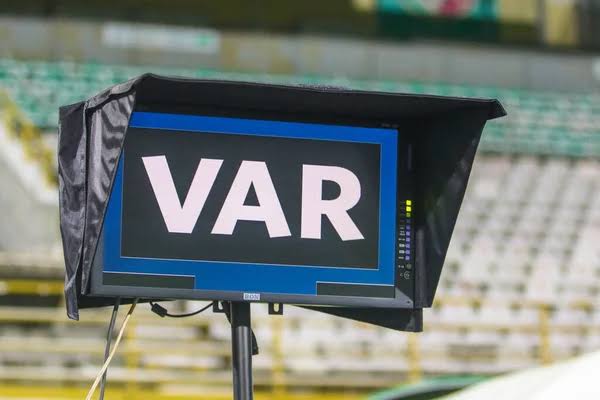
Owumi, on his candid assessment of refereeing in the Nigeria’s elite division over the couple of years stated that officiating has been a challenge in the nation’s domestic league, as it got to its lowest flow a few seasons ago.
“Officiating is one of the game aspects we plan to improve on. Plans are in the pipeline to introduce the use of communication gadgets to assist our match officials in carrying out their duties optimally.
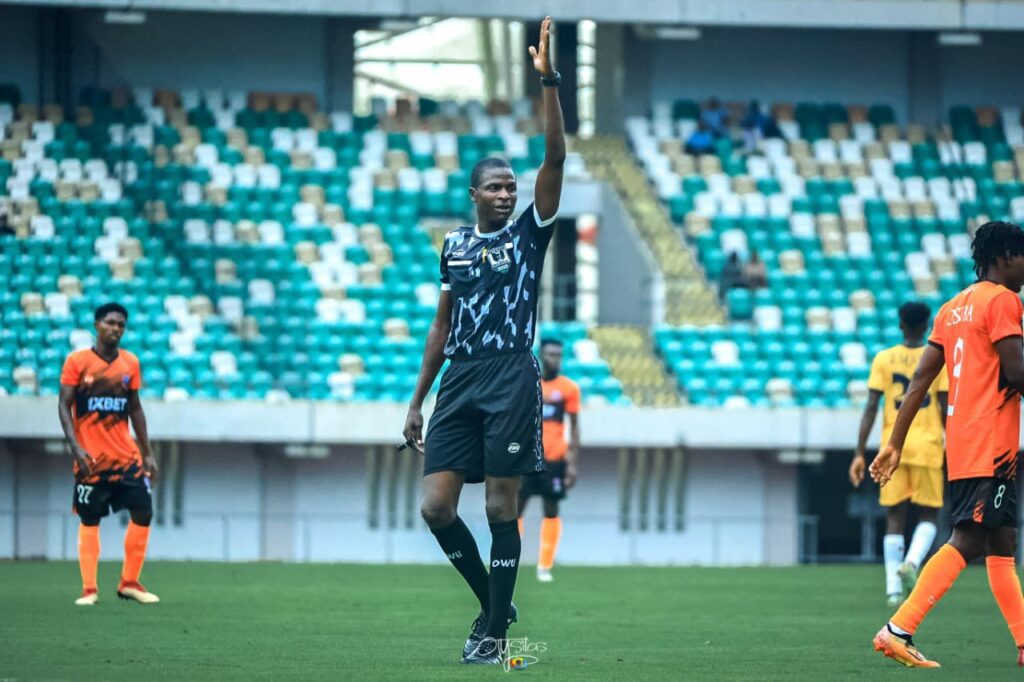
“In top leagues of the world, they know these match officials are prone to errors as they are human too, that’s why the Video Assistant Referee (VAR) and other communication devices are been used in matches,” Owumi explained.
However, things took an important twist in the abridged version of the league in 2022/23 season with the Nigeria Football Federation (NFF) taking a stance on refereeing, naming Faith Irabor, a former FIFA-certified referee and CAF Referee Instructor, as the Head of the Referees’ Committee.
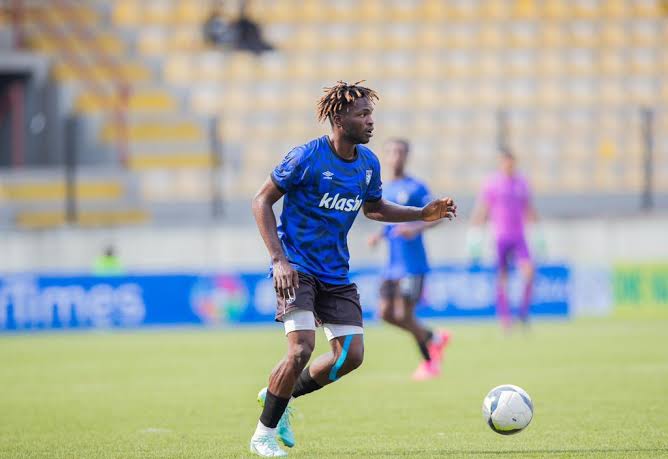
Concurrently, technologies are now becoming quite efficient in resolving common human errors that has long been particles in the game of football which many still frown at due to its unruly interruptions at whenever during matches, especially in the depth of actions.
While, some have come to terms with the fact that this new development has come to stay and will further change the game for good. By so doing, it will remove if not subdue the tendency of a one-sided predilection.
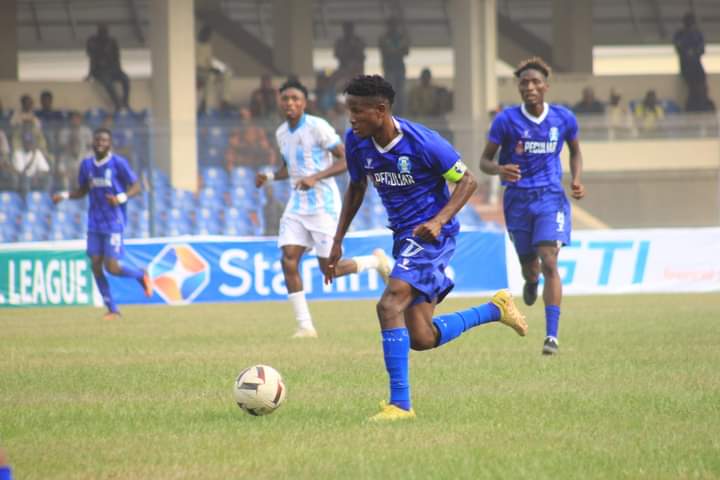
Yet, these issues earlier stated have not been fully eradicated by these technological advances rather are even making the game little bit complicated in respect to applying the rules with contradictory interpretations by various match officials in major football leagues across the globe.
Unlike the Goal Line Technology (GLT), the Video Assistant Referee (VAR) is a system that helps referees to decide better about players’ fouls, if a goal was valid, red card decisions, in football matches.

In accordance with the aforementioned, Sporting Tribune also reported that the President of the NFF, Alhaji Ibrahim Musa Gasau had assured Nigerian football fans that VAR technology will be deployed in the NPFL before his administration expires in 2026.
This was disclosed while speaking with the press at the maiden retreat for NFF board members of the NPFL in Abuja where he hinted that his administration will ensure Nigerian referees benefit from the VAR training organized by the West Africa Football Union (WAFU) in January 2024.

“The referees are managing Video Assistant Referee (VAR). For now, NPFL doesn’t have the VAR materials. If we get to that level, I think the only thing is for them to support us in trying to get the equipment. But we will soon see how to use VAR in Nigeria.
“I think by January, we are going to send the first set of referees that are going to go for VAR training. The West Africa Football Union (WAFU) are trying to organise this training.

“Still, at our level, I tried to let them see how we can increase the number of those who will participate in the training so that we can have a minimum of 10 referees (from Nigeria) that will participate in the training.
“By the grace of God, we will try and see how we can collaborate with FIFA, and I assure you that before my tenure ends in 2026, we will start using VAR in Nigeria,” Gusau said.
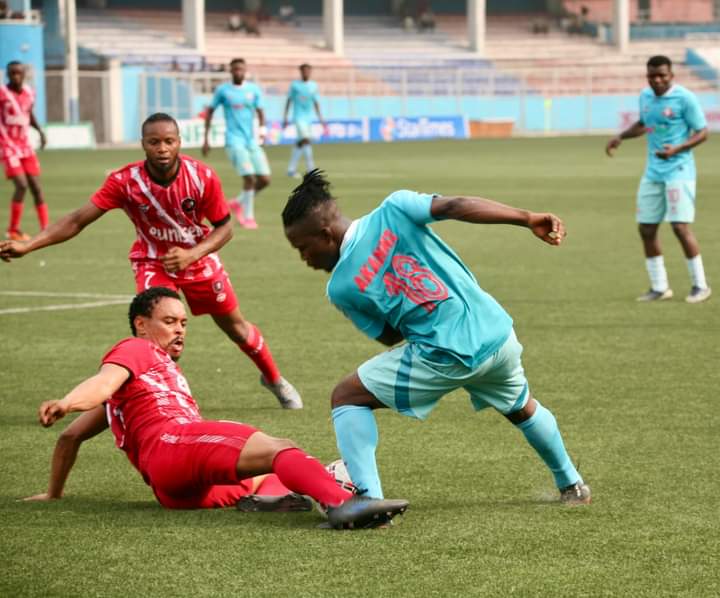
Undoubtedly, the plan to introduce the VAR technology in the Nigeria’s top league is a laudable step in the right direction by the nation’s football governing body to enhance the fairness and accuracy of officiating in our domestic football league.
However, to successfully implement the VAR into Nigeria football means that it will shoulder on several critical factors, most notably the infrastructural facilities available in the local stadia are below par to the world-class embodiment needed for such innovative ideas to strive.
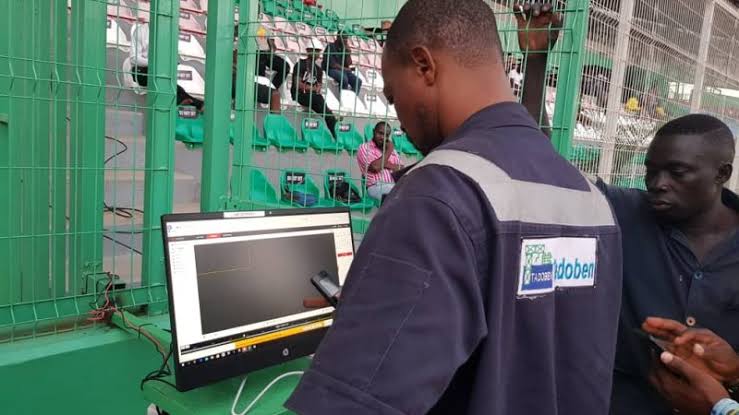
While VAR has become a staple in other climes worldwide that’s remain a big problem here in most African countries, especially in Nigeria. However, it is imperative to note that not all stadiums across the country are equipped to accommodate this technology seamlessly.
Besides the fact that Nigeria boasts of a rich football culture and passionate fans, the state of many stadiums remains a concern and in visibly eyesore.
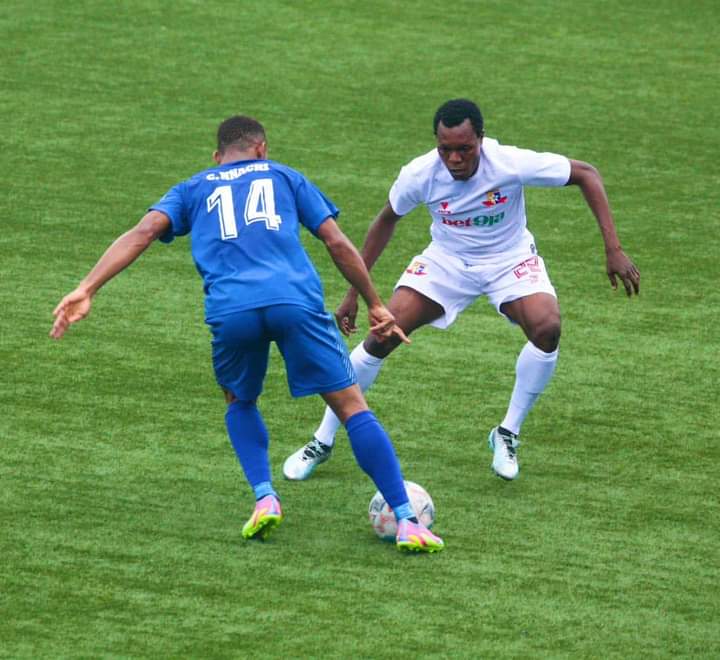
For examples, the Lekan Salami Sports Complex, Mobolaji Johnson Arena and Remo Stars Stadium, despite being standard footballing edifices, may not meet the stringent technological requirements for VAR.
Similarly with that of the Moshood Abiola National Stadium, may face challenges in adopting VAR due to its outdated infrastructure, and many other stadia used for the Nigerian league games.
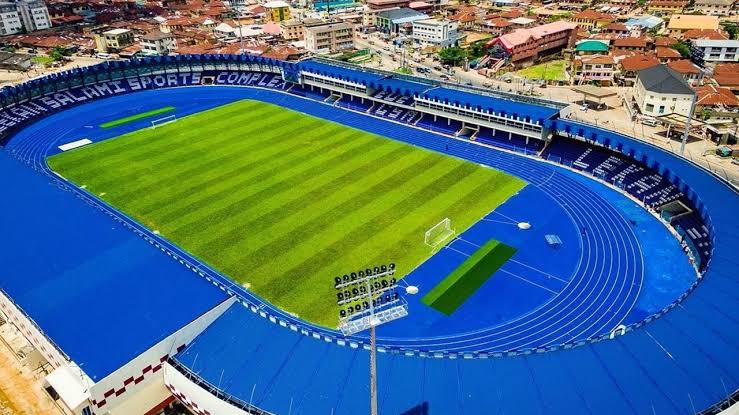
In order to efficiently introduce VAR into our football, the NFF in conjunction with the Federal Ministry of Youth and Sports Development and all stakeholders must embark on a comprehensive stadium upgrade program.
This includes investing in high-definition cameras, fibre-optic networks, and control rooms equipped with the latest technology while such an outstanding endeavour requires substantial financial commitment and meticulous planning.

The truth is that it may take time and substantial investments to bring all stadiums up to par with the technological requirements of VAR. But at the point of completion, it will surely be a worthwhile development and upgrade to our football.
The VAR technology holds the promise of fairer and more accurate officiating. Although, its effectiveness in Nigeria football will depend on the commitment to addressing the infrastructural gaps that currently exist in many stadia.

In the same light, the training and capacity-building of Nigerian referees are of significance to the game as the VAR technology. The essences will only be achieved when referees are well-versed in its operation and interpretation.
Meanwhile, this innovation does not end with the introduction of VAR rather a commendable move like the involution of communication gadgets for referees to significantly improved the quality of officiating in the NPFL.

This is essential to be realistic about Nigeria’s challenges in implementing this technology without an avenue for the referees to converse with his assistants and the officials in the VAR monitoring room in reaching a common resolution over a conflicting opinion during the game.
Thereby, referees must be adequately trained to use VAR as a tool to make more informed decisions, keeping in line with global best practices while immensely equipped with gadgets to aid communication within themselves as always seen in top-tier football leagues in other climes.
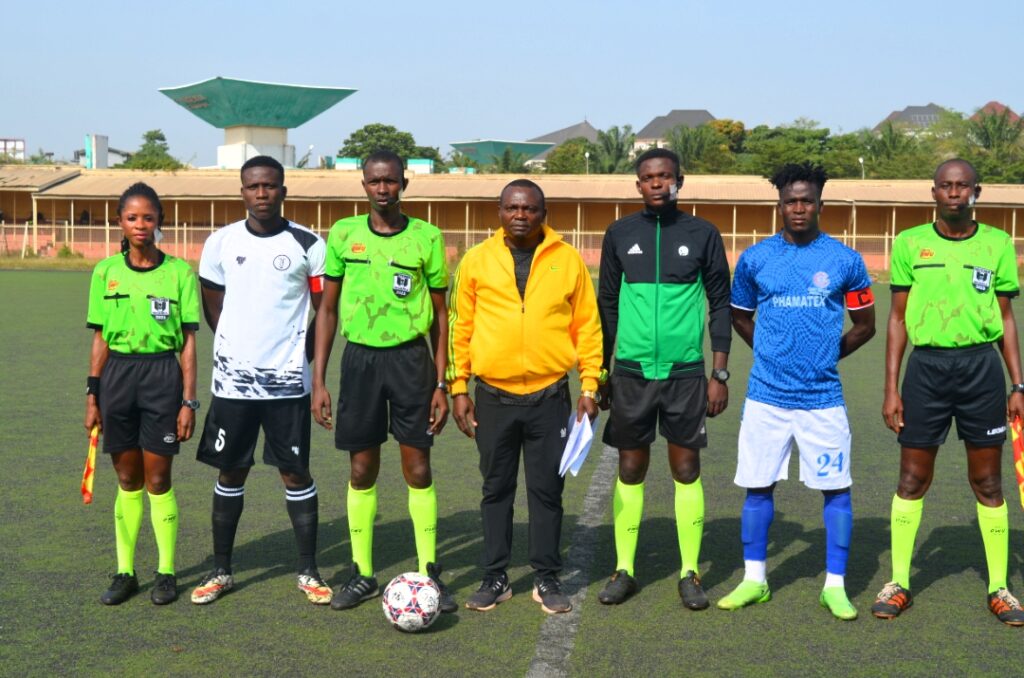
It is high time the league organizers procured communication gadgets to Nigerian referees for easy and free-flowing operation of the game — a thing of necessity in modern football.
Obviously, a must-need technological advancement to speed up decision-making process and to avoid communication breakdowns and misinformation between the centre referee and other officials during matches.
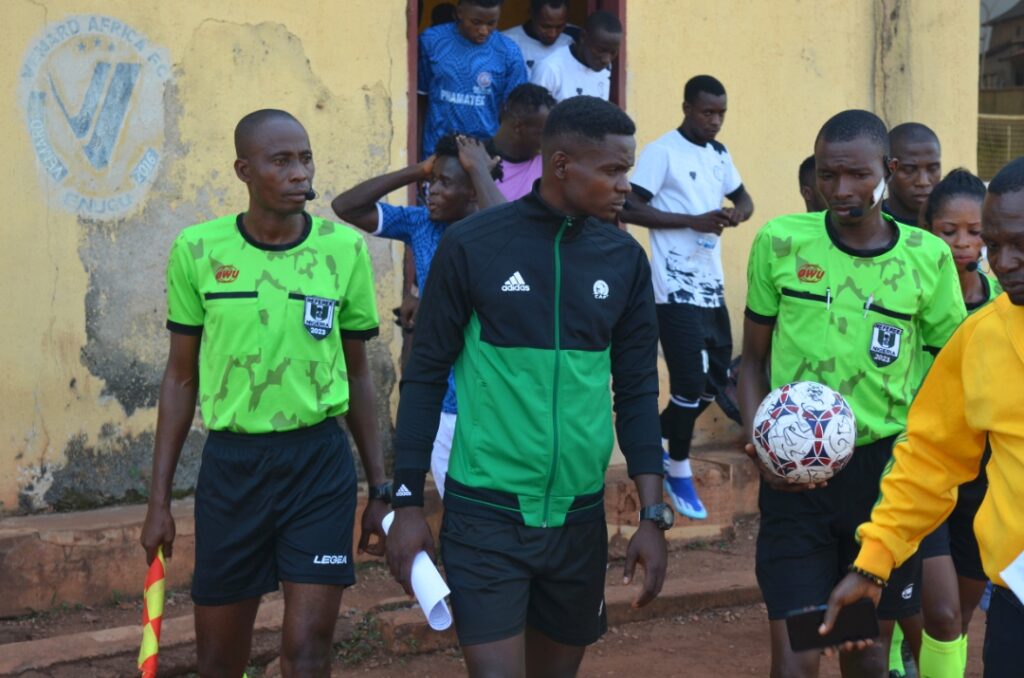
Thereafter, seminars and workshops should be frequently organised for all officials where they will be taught on the use of these equipment so as to be at the same pace with the handful of new technicalities that being invented into modern football.
This will make the job more convenient, accessible and willing to do for the referees rather than grasping them by the collars for every wrong decision taken during games. This, many referees, have oftentimes been suspended, banned even had their licenses withheld by the Referees’ Committee of the NFF.

Almost seven months since his submittal to the introduction of technological advancements into Nigeria football, Davidson Owumi, the Chief Operating Officer of the nation’s top football league has once again admitted that officiating will only get better if modern technological aids have been deployed.
While assessing the performance of referees in the first stanza of the 2023/24 season, he stated that there has been marked improvement in several aspects of the league organisation.
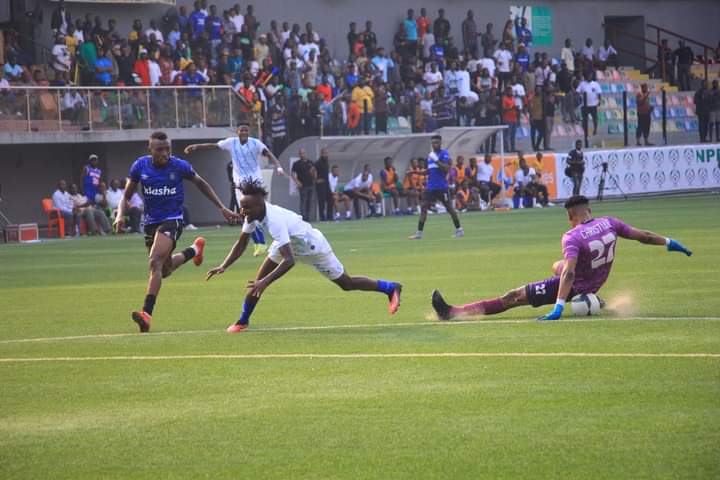
“After 185 matches, we probably had issues with less than 15 and in terms of percentage, I think our referees scored over 85 per cent which represents excellence.
“We are not unmindful that football is now technologically driven for players training and match officiating where the Video Assistant Referee (VAR) now assist referees correct human errors,” Owumi noted.

Owumi further collaborated with his previous concession during the NPFL Super 6 at the Mobolaji Johnson Arena, Lagos, said that the league organizers are adequately working with the NFF and other development partners behind the scenes towards introducing technology in the league.
He also pointed to the league’s zero tolerance for poor officiating as manifested in the swift withdrawal of culprits from officiating in matches of the NPFL while prioritising the welfare of all match officials.

“We worked in perfect sync with the NFF Referees Appointment Committee to organise trainings for selected members of the Nigeria Referees Association (NRA) and those who have so far been adjudged to have performed poorly were delisted for now.
“we not only increased their travel allowances and honorarium but also ensured their bank accounts were credited before they travel. This is unprecedented in the league’s history.

“So, overall we have made it possible for our officiating to improve considerably and would continue to explore opportunities to attain global best rating. It’s work in progress”, Owumi concluded.
